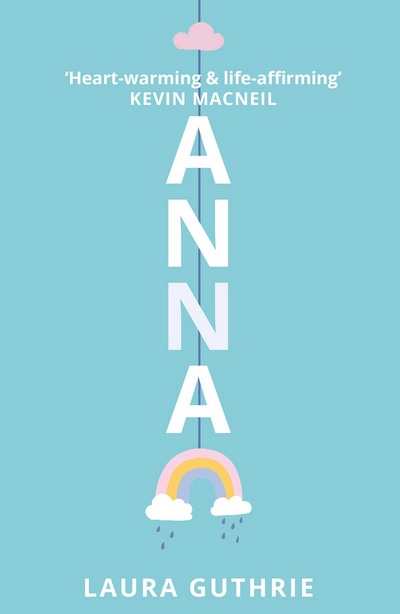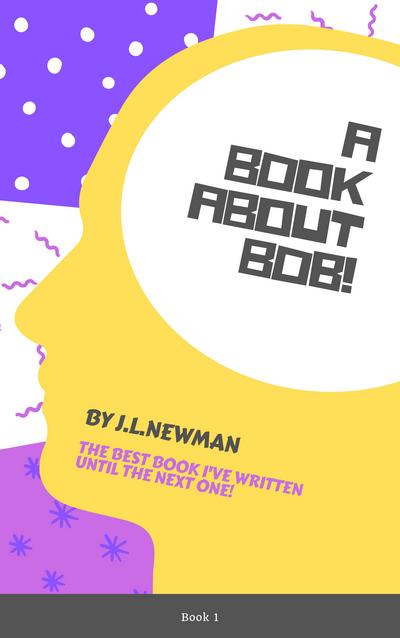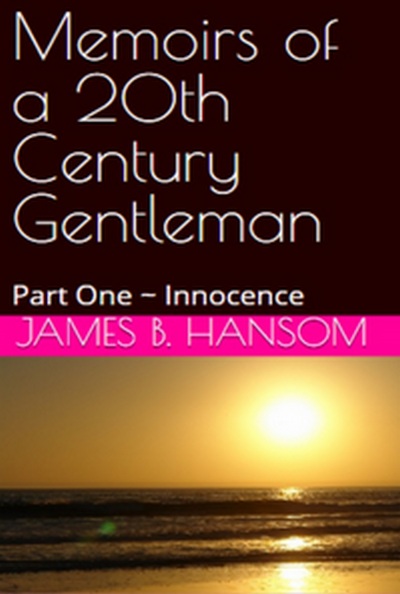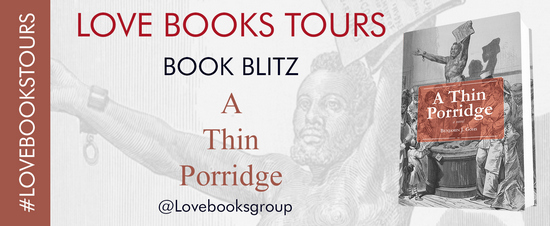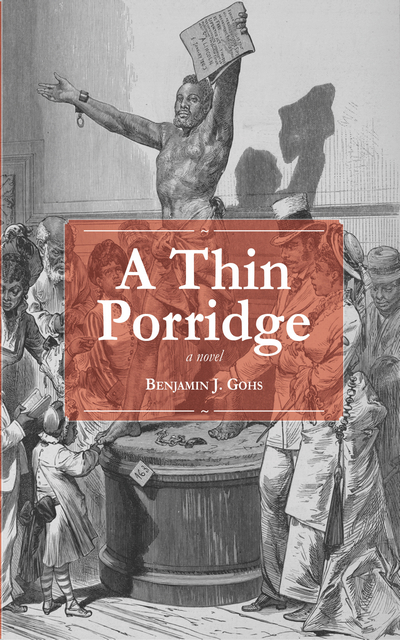I was ready to have this up hours earlier than I’ve been doing lately. And then my computer decided to do the thing that computers do when you’re cocky…3+ hours later, I got back on track and this is now late. Ahh hubris….

 We’re in a new Book, so we get a chapter of digression. This time, the focus is on fiction writing—novels and romances, in particular. This seems to be a special interest of people who read this blog (and who write it, too), so let’s take a beat to look at some of this. Worried about the success of some recent novels, Fielding warns:
We’re in a new Book, so we get a chapter of digression. This time, the focus is on fiction writing—novels and romances, in particular. This seems to be a special interest of people who read this blog (and who write it, too), so let’s take a beat to look at some of this. Worried about the success of some recent novels, Fielding warns:
Thus a swarm of foolish novels and monstrous romances will be produced, either to the great impoverishing of booksellers, or to the great loss of time and depravation of morals in the reader; nay, often to the spreading of scandal and calumny, and to the prejudice of the characters of many worthy and honest people.
Yeah, he seems to hold a dim view of his own profession, and goes on to say:
To invent good stories, and to tell them well, are possibly very rare talents, and yet I have observed few persons who have scrupled to aim at both: and if we examine the romances and novels with which the world abounds, I think we may fairly conclude, that most of the authors would not have attempted to show their teeth (if the expression may be allowed me) in any other way of writing; nor could indeed have strung together a dozen sentences on any other subject whatever… [A]ll the arts and sciences (even criticism itself) require some little degree of learning and knowledge. Poetry, indeed, may perhaps be thought an exception; but then it demands numbers, or something like numbers: whereas, to the composition of novels and romances, nothing is necessary but paper, pens, and ink, with the manual capacity of using them. This, I conceive, their productions show to be the opinion of the authors themselves: and this must be the opinion of their readers, if indeed there be any such.
From there he goes on to talk about contemporary fiction, qualifications for writing, characteristics of various types of writers…it’s good stuff.
Back to the story, Tom and the Man of the Hill are out for a casual stroll the next morning and chatting—it sounds like a really nice, drama-free, time. Which, of course, cannot stand. They hear a woman screaming, Tom leaves The Man behind and rushes to her aid.
The screamer is partially dressed and is being dragged by a belt around her neck by some man. Tom falls upon the man, beating him with his staff. The woman stops him from killing the man, so he ties him up and prepares to take him to a Justice of the Peace. It’s then he discovers that this man is our old friend, Northerton.
As Tom gets directions from the Man of the Hill, Northerton sneaks off (Fielding notes, his hands may have been tied, but his feet were free)—the woman was too busy focusing on her rescuer to notice. Instead of seeking justice, Tom takes her to an Inn to clean up while he procures some clothes. After depositing her in a room, Tom goes to talk to the landlady about that.
The landlady doesn’t give him a chance to ask—she does not run the kind of place where a man can bring a partially dressed woman that he’s probably not married to (and even if he was)—and starts beating him with a broom before he can explain. Tom starts to defend himself, but the Landlord joins in. By the sheer happenstance that this novel thrives on, Partridge wanders by, sees Tom in trouble and joins in. Then one of the Inn’s maids also joins the fray (and does more damage than anyone else). Then the poor woman—still in need of clothing—gets involved.
What stops this fight? New customers. So, obviously, the Landlord and Landlady have to go see to them. Again, by happenstance, these are soldiers who recognize the attacked woman as being their captain’s wife, and not some harlot or whatever. Obviously now, everyone falls all over themselves apologizing to her and to Tom—who brushes that all off and everyone drinks to seal the peace.
I’m not sure where Fielding’s going, but this was a fun few chapters. This was the digression chapter, followed by three chapters of narrative. In those three, we have 2 fistfights. If you stop and think about it, there’s a lot of fighting in this book. I’ve read Jack Reacher novels with fewer episodes of fisticuffs—and I’m only a little over half-finished! I’m not trying to say anything profound or anything—I just find that funny.
I’m still unsure why we spent so much time on the Man of the Hill’s backstory, but we’ll get around to learning it. In the meantime, this was fun.
![]()







